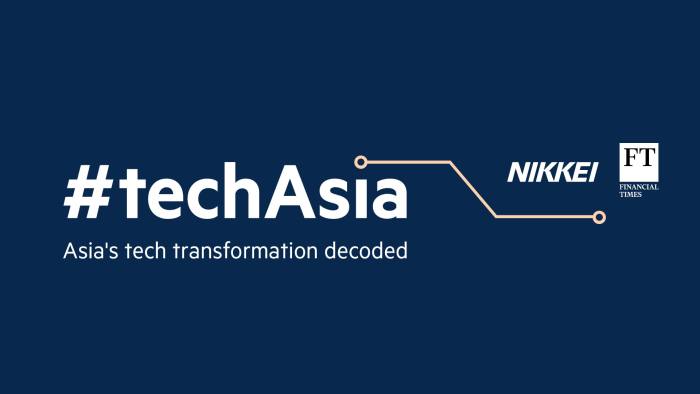Korean battery group slapped with US import ban
The US International Trade Commission has imposed a 10-year import ban on South Korean battery maker SK Innovation, dealing a blow to Ford and Volkswagen’s plans to build electric vehicles.
The ruling closes a prolonged trade secrets battle between SKI and domestic arch-rival LG Chem. US-based Ford and Germany’s VW have both signed contracts to purchase batteries from SKI’s new 2.4m sq ft battery plant in Georgia, where the Korean group has invested $2.6bn.
The ruling on Wednesday grants Ford and VW a grace period to find a new battery supplier. Both carmakers argued that a ban would jeopardise their plans to launch hybrid and electric vehicles, as well as damaging the wider auto industry as it transitions to greener vehicles.
Under that grace period, the ITC said it would allow SKI to import components to manufacture lithium-ion batteries for Ford for four years, and for VW for two years. SKI would also be allowed to import materials to repair electric vehicle batteries in Kia cars that have already been sold.
Aside from those exemptions, the ITC said SKI would be banned from importing “certain lithium-ion batteries, battery cells, battery modules, battery packs and components” after upholding an earlier ruling against the company for trade secrets violations.
LG Chem, the world’s biggest lithium-ion battery maker, alleged that SKI had deliberately destroyed thousands of documents, suggesting it had illegally acquired sensitive technology.
SKI also faces a civil lawsuit in a Delaware court where LG Chem has sued for billions of dollars in damages.
While Ford said the exemptions would allow it to bring its fully electric F-150 truck to market by mid-2022, the ruling threatens to disrupt the longer-term supply of batteries for the US group and for VW’s hybrid and electric vehicles. That could force both carmakers to switch suppliers. VW said it was still analysing the ruling.
Ford and VW made submissions to the ITC on SKI’s behalf during the investigation. Last autumn, VW warned that any disruption to SKI’s plans to produce batteries at the plant in Georgia could have substantial consequences for its US operations and the country’s auto industry.
LG Chem welcomed the ruling. It said SKI had “improperly secured lucrative contracts with US auto manufacturers” and used LG Chem’s technology to negotiate “historic subsidies and incentives from state and local governments to build a new manufacturing facility in Georgia”.
President Joe Biden could veto the ban, but such a block from the White House on an ITC ruling would be extremely rare.
Lee Byoung-rae, SKI’s general counsel, said on Wednesday prior to the ITC decision that in the case of an “unfavourable ruling”, the company would “actively make our case . . . about the impact it will have on US society”.
SKI plans to appeal the ITC ruling. Lee said it would also continue to pursue an out-of-court settlement.
LG Chem spun off its battery business into a unit called LG Energy Solution in December ahead of a potential stock market listing this year.
Lee Han-sun, vice-president of LG Energy Solution’s intellectual property department, said SKI had not made any “sincere” proposals for compensation, but the door to further talks remained open.
South Korea is the world’s largest producer of batteries for electric vehicles. Seoul has been dismayed by the rivalry between two of the country’s biggest companies spilling out on to the global stage.
“It is really embarrassing. I’ve reached out to the top executives at both companies and urged them to find a quick solution,” Chung Sye-kyun, the country’s prime minister, said last month.
Weekly newsletter

Your crucial guide to the billions being made and lost in the world of Asia Tech. A curated menu of exclusive news, crisp analysis, smart data and the latest tech buzz from the FT and Nikkei




